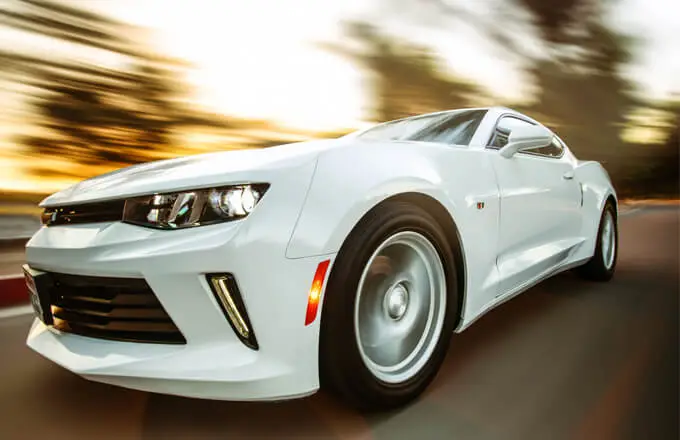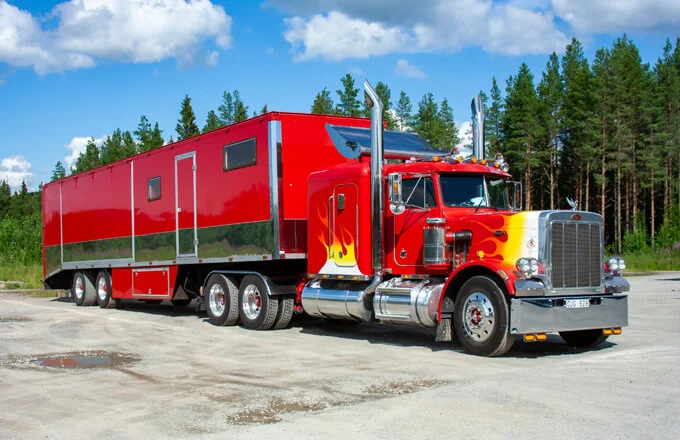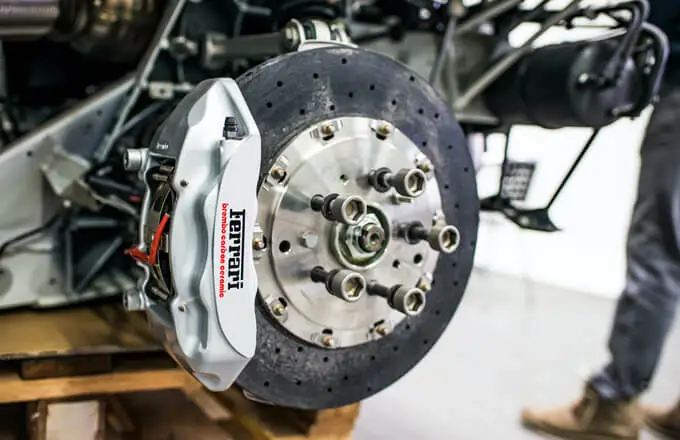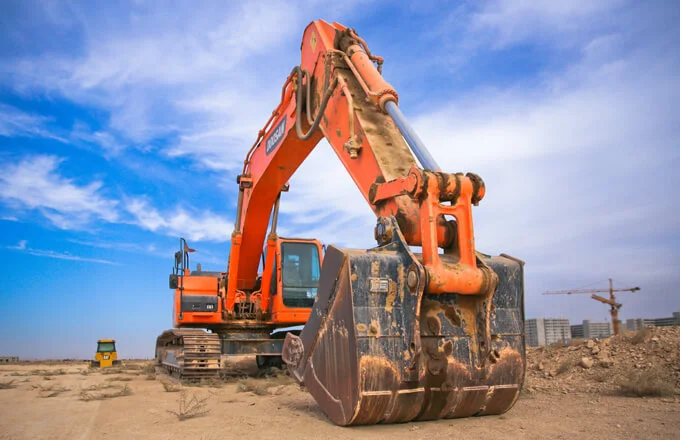Automotive bearings have diverse applications across different markets, playing a vital role in ensuring the smooth and efficient operation of various systems. In the automotive industry, bearings used in automobile can be set in wheel hubs, transmissions, engines, steering systems, and suspension components. This different types of bearings used in automobiles include ball, roller, tapered, needle, and spherical bearings, each tailored for specific vehicle functions. In industrial machinery, automotive bearings are employed in manufacturing equipment, conveyor systems, and agricultural machinery. They also find applications in the aerospace industry, where they are used in aircraft engines, landing gear systems, and control surfaces. Additionally, automotive bearings are utilized in heavy equipment, marine vessels, and railway systems, providing reliable performance and durability in demanding environments. Overall, automotive bearings are essential components that contribute to the functionality and reliability of systems in a wide range of markets. As a reliable and professional automotive bearings factory, DSBR will give you the united bearings industrial & automotive solutions.







Automotive bearings used in different markets offer several advantages that contribute to the overall performance and efficiency of various systems. Here are some key advantages:
Reduced Friction: The auto car bearing is designed to minimize friction between moving parts, resulting in smoother operation and reduced energy consumption. This leads to improved efficiency and performance in applications across different markets.
Enhanced Durability: Automotive bearings used in cars are built to withstand heavy loads, high speeds, and harsh operating conditions. They provide support and stability to rotating components, ensuring long-lasting performance and reducing the risk of premature failure.
Noise and Vibration Reduction: Automotive bearings help dampen noise and vibration generated during operation. This improves user comfort, reduces noise pollution, and enhances the overall quality of the system.
Precise and Accurate Performance: Bearings contribute to the precise positioning and alignment of rotating components, ensuring accurate transmission of power and torque. This is crucial in applications where precision and reliability are essential, such as automotive, industrial machinery, and aerospace systems.
Maintenance and Cost Savings: Properly selected and installed automotive bearings used in cars require minimal maintenance and have a longer service life. This reduces downtime, maintenance costs, and the need for frequent replacements, resulting in overall cost savings.
Versatility: The car bearings such as auto parts bearing are available in various types, sizes, and materials to suit different applications and operating conditions. This versatility allows for customization and optimization of the system’s performance in different markets.
Overall, the advantages of automotive bearings, including reduced friction, enhanced durability, noise and vibration reduction, precise performance, maintenance and cost savings, and versatility, make them essential components in various markets, including automotive, industrial machinery, aerospace, marine, and railways.
